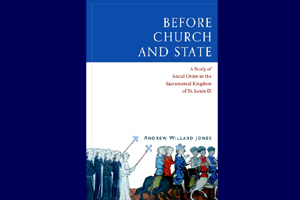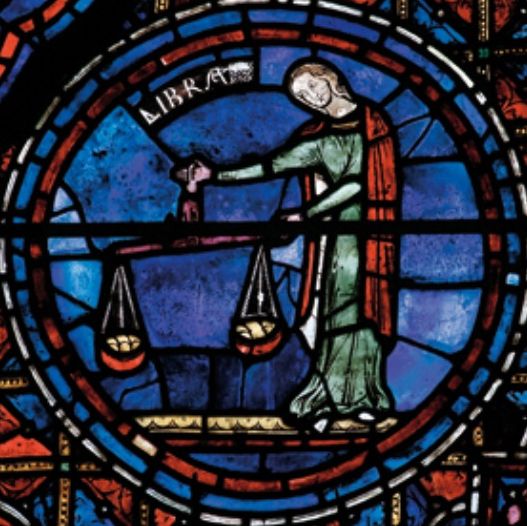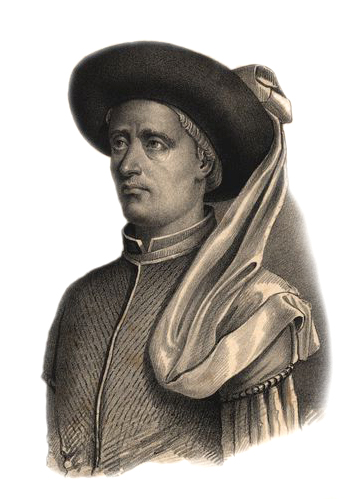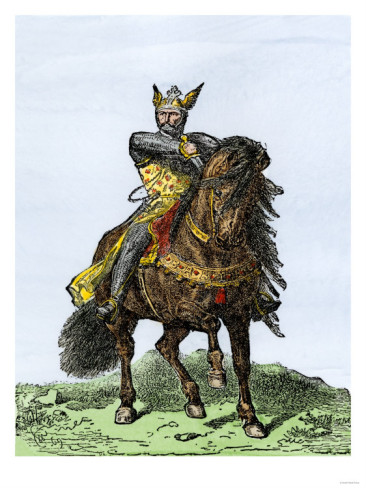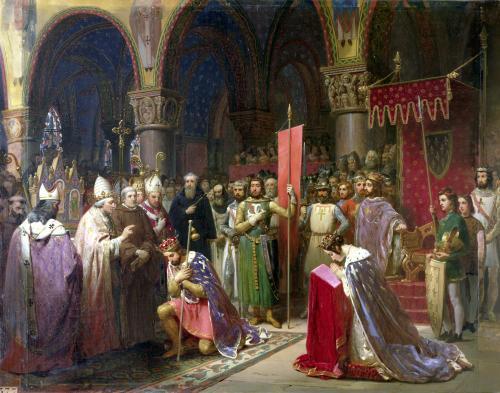A Brilliant Defense of Christendom
Many believe that Christendom was a rigid and brutal order. In medieval times, we are told that tyranny ruled, and the Church and the nascent State were constant rivals in the pursuit of dominance. So many modern historians have cynically reduced this period when Christianity prevailed to a time of cultural darkness and violent power … Read more



